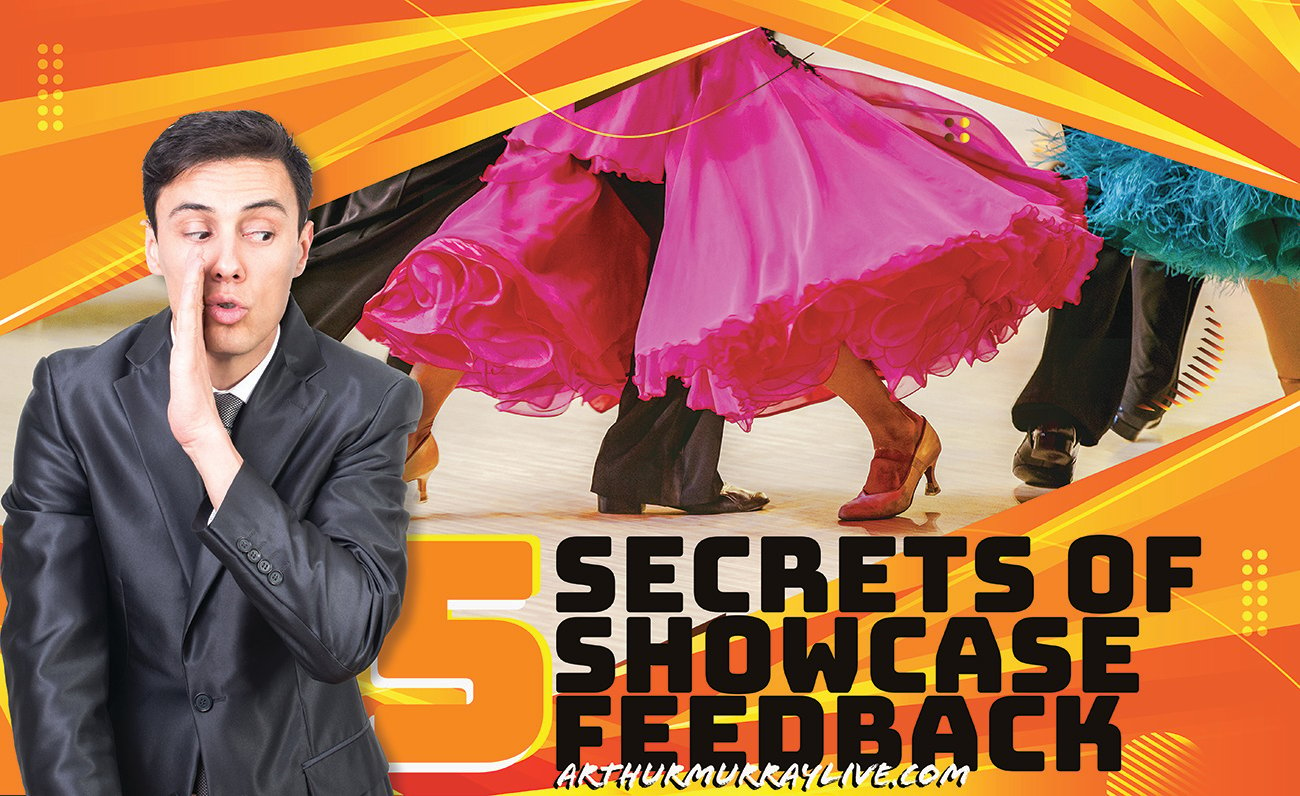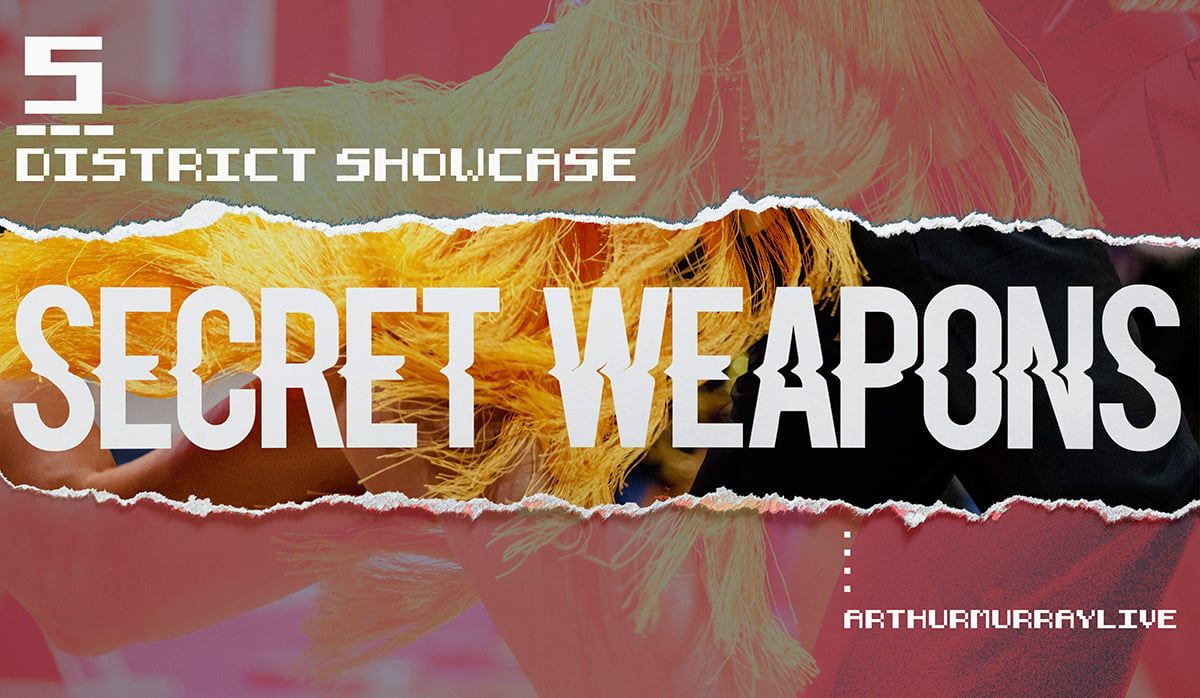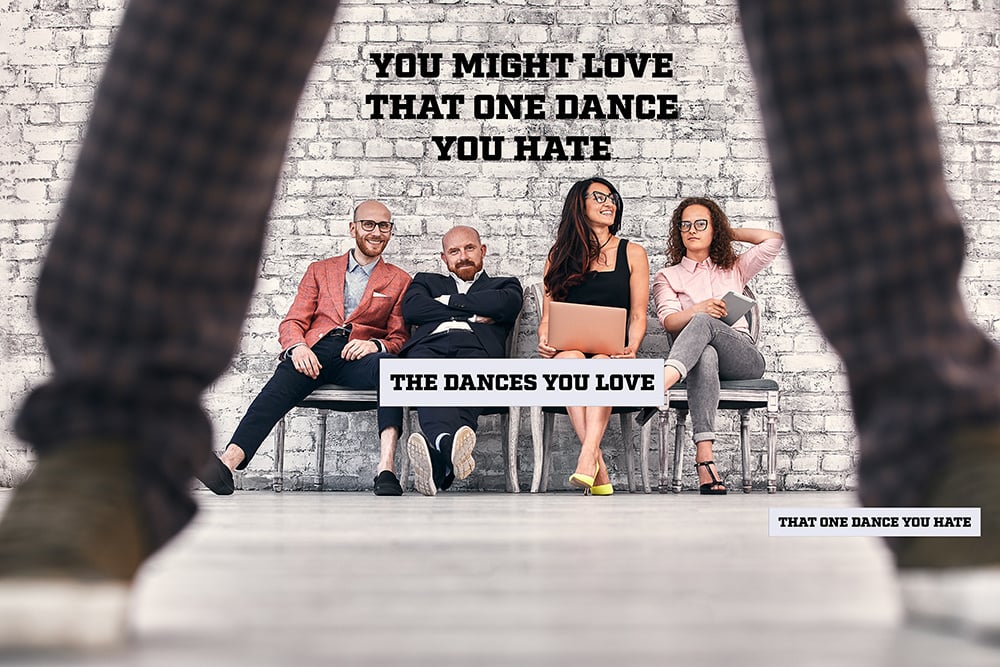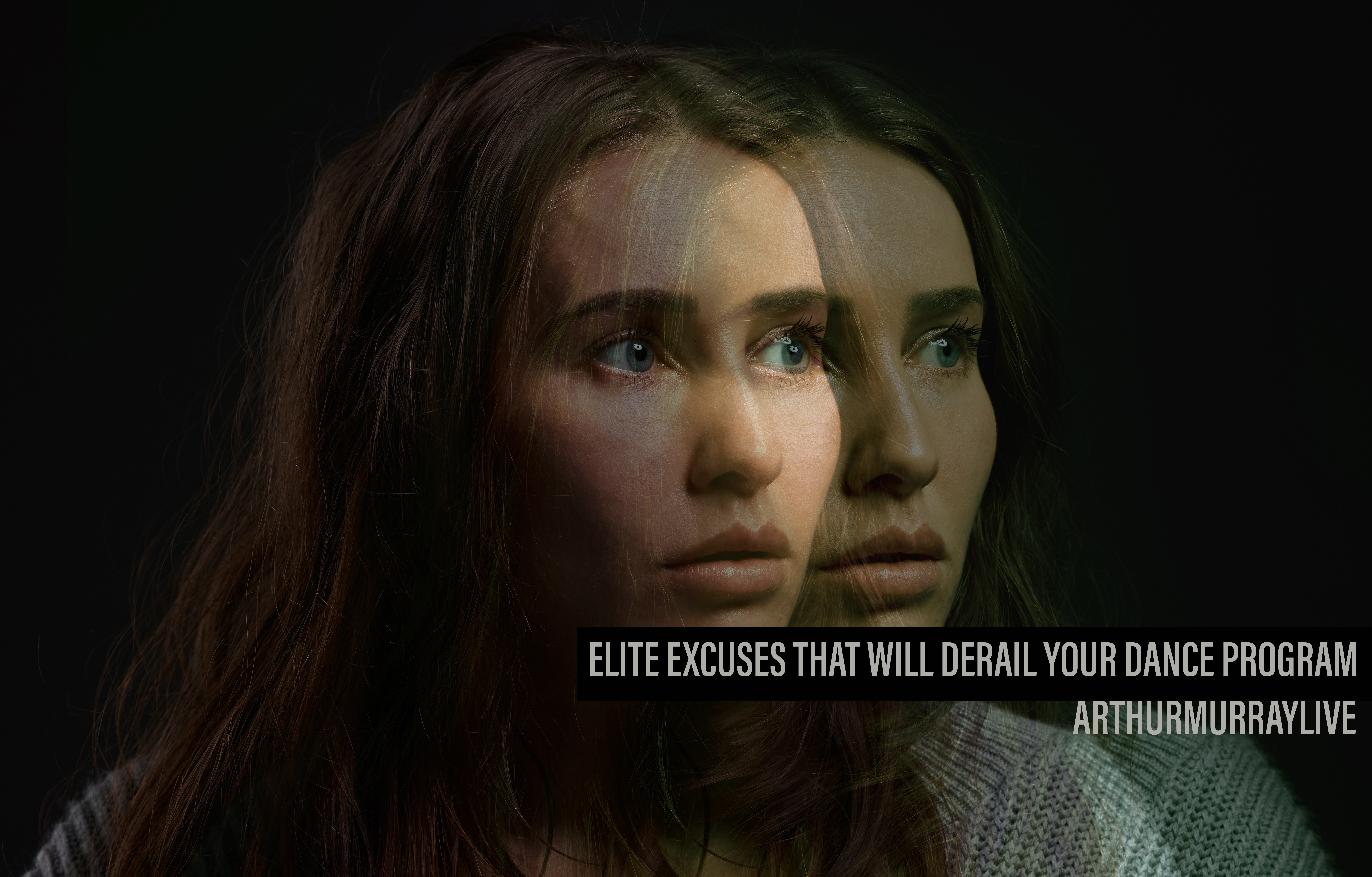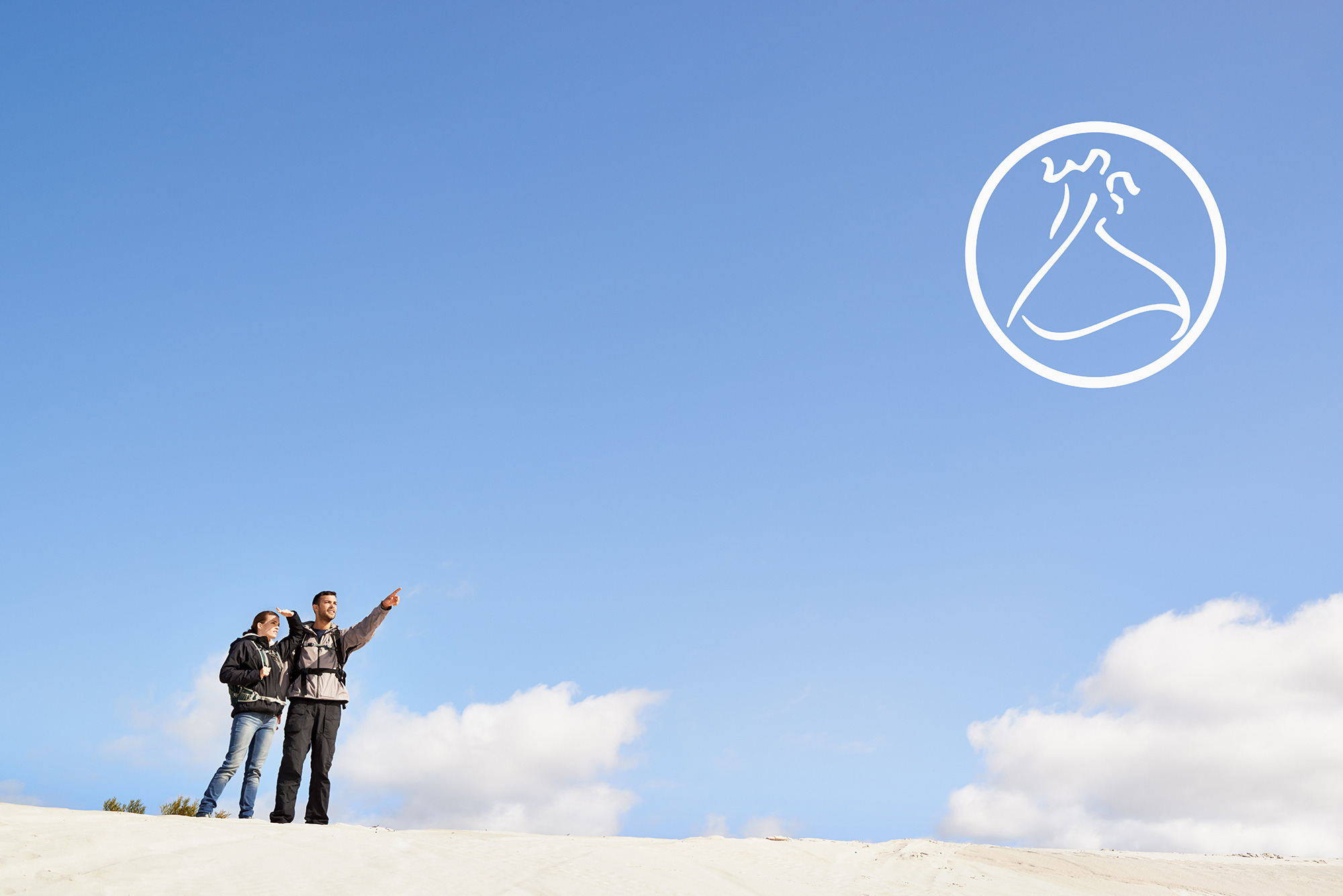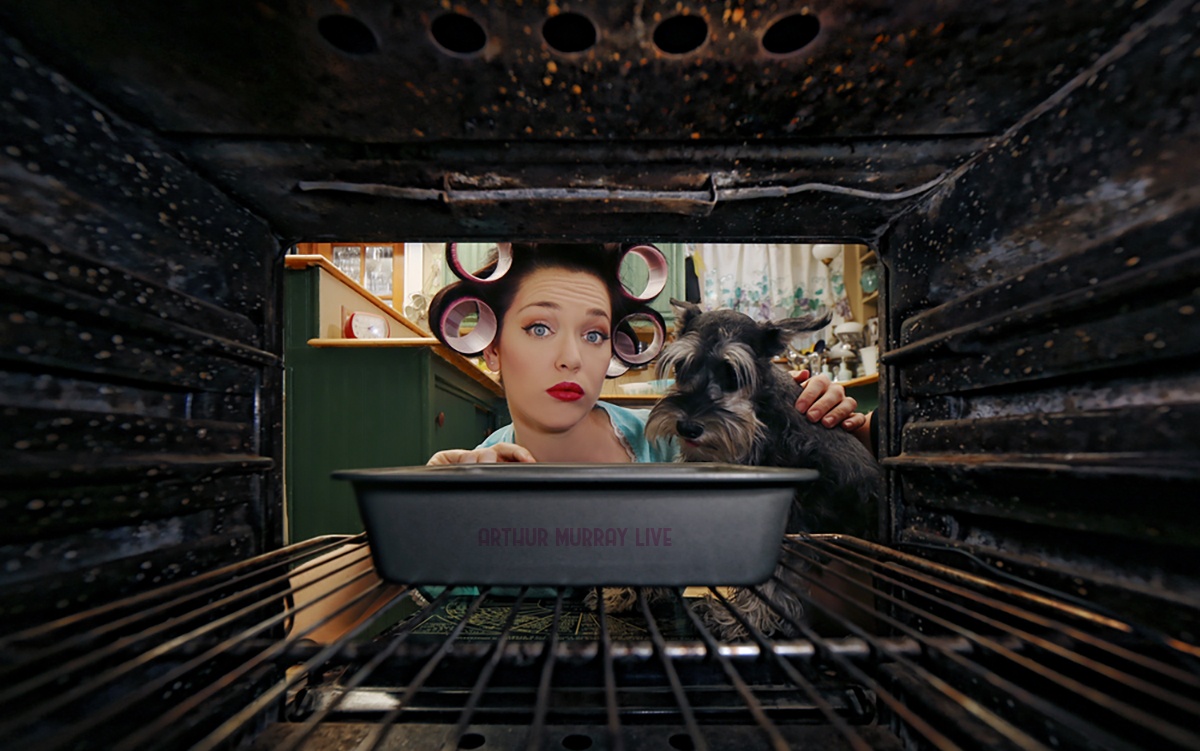 Every Dancer Needs This One Kitchen Appliance
Every Dancer Needs This One Kitchen Appliance
No, it won't be a prop in your next routine.
This also isn't a new form of foodie inspired footwork.
And, sadly, this isn't the blog version of a casting call for a dance show on the Food Network, but if you call yourself a dancer, you need to take a minute to appreciate the many dance related applications of this device:
The Pressure Cooker.
 What Does a Pressure Cooker Do Exactly?
What Does a Pressure Cooker Do Exactly?
Well, according to Finecooking.com, "A pressure cooker looks like a regular pot but has a modified lid that locks on over a rubber gasket to create a seal. The cooker works by raising the temperature of boiling water, thereby speeding up the time it takes to boil, braise, or steam."
How Does this Related to Dancing?
1. Imagine that your regular dance lessons are like cooking on a standard stove top.
2. Your can cook up some fine recipes with your dance program.
3. Every now and then, even with your "stove top" and "recipes", you still lack a little confidence when it comes to "cooking" (dancing) when company comes over (i.e. dancing in front of people).
4. In this case, the pressure cooker is a dance event like a District Showcase or Dance-O-Rama. It's specifically designed to speed up the standard cook time of your dance confidence by creating a pressurized environment.
5. These events not only create the pressure, but maintain it, with a high frequency of time on the dance floor.

What if You Don't Like Pressure?
Let's just continue with the food-themed parallel for a second and share this breaking news:
The food cooked in a pressure cooker doesn't taste like pressure. It actually tastes great. In the same way that the pressure created by events isn't for people that just love the feeling of butterflies or a faster heartbeat.
Your confidence needs to be shaped, and pressure makes your confidence malleable. It begins to bend, not break, so it can expand and get stronger. The pressure isn't the target, it's just the delivery method.
And the best part? Once the food is served, or your dancing is performed, the pressure is released, the flavor of the moment is all there, and you're a more confident version of yourself, literally, at the end of the day.
Oh, and It's Normal
 On the "Off the Floor" podcast episode 6, Dan McGinn, author of the new book "Psyched Up", shared that "For many people being nervous is a physically uncomfortable sensation. Think about what happens if you're standing up in front of a crowd, and that jolt of adrenaline hits you: you're breathing gets shallow, you start to feel your heart beating rapidly, your mouth may get dry, your throat may constrict a little bit, your eyes might start to blink a whole lot, and your body temperature might drop because your blood is flowing to different places differently."
On the "Off the Floor" podcast episode 6, Dan McGinn, author of the new book "Psyched Up", shared that "For many people being nervous is a physically uncomfortable sensation. Think about what happens if you're standing up in front of a crowd, and that jolt of adrenaline hits you: you're breathing gets shallow, you start to feel your heart beating rapidly, your mouth may get dry, your throat may constrict a little bit, your eyes might start to blink a whole lot, and your body temperature might drop because your blood is flowing to different places differently."
"I think the most important thing to realize, when that happens, is it's normal. It's biology. We may be evolved to a point where we do recreational events like competitive ballroom dancing, but, biologically, we are still the same species that was being chased around in the jungle by predators not too long ago. The reason that we survived as long as we have is because adrenaline kicks in, this fight or flight instinct takes over, and our body changes as a result of it. I think normalizing the experience, and recognizing that "Hey, my body is doing exactly what it's programmed to do. This is what helped us get here. It may be a little bit uncomfortable, but there's nothing wrong with me. I just need to work through it."
Final Thought
While you may have seen a Pressure Cooker in action on the Food Network, that doesn't mean that our preferred kitchen appliance for dance performance analogies should only be used by professionals - in either connotation.
You see, adrenaline will pump through your body regardless of the size of the audience.
Whether that's in front of a room full of dance students, or in front of a living room of just your family, it will still be a pressure packed moment, and hopefully, with some pressure cooker training, your confidence won't turn to vapor.
Think of this blog as your digital dance hobby assistant - always available for tips, information, and a bit of advice that can bridge the gaps between your appointments. We hope you subscribe, and tell your teacher we said "you're welcome."











